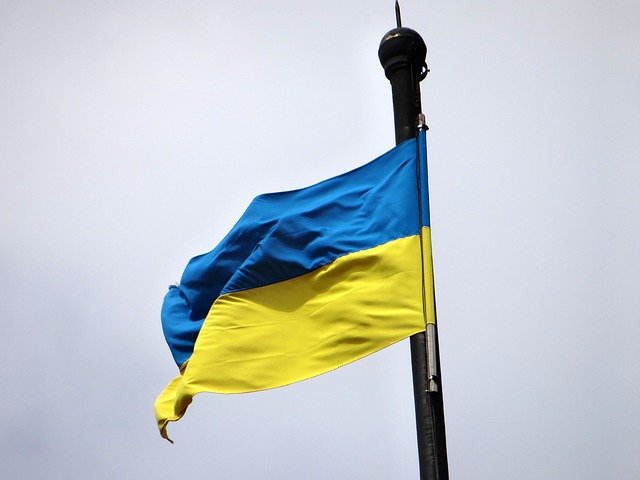Russia's Eugenic War
By Timothy Snyder,
Thinking about...
| 01. 08. 2023
When Vladimir Putin says that Russians and Ukrainians are one people, what he means is that Ukrainians will agree when force is applied. Russian war planning assumed that Ukrainian identity was a superficial implant, to be extirpated by a quick military strike that would physically eliminate a foreign-backed elite. That form of genocide proved to be impossible, because it was based on an erroneous assumption. Ukrainian self-understanding is spread wide and deep through the population of Ukraine, to the point where people take initiative themselves to help their country win the war. In this sense, Ukrainian identity is far easier to observe in this war than is Russian identity.
Indeed, the war raises the question: what is Russia? Putin has failed to answer this question in any positive sense. If anything, he has harnessed Russian identity to that of Ukraine, which is not at all what he intended. Judging from Russian mass media, including the all-important talk shows, the dominant Russian self-understanding at the moment is that of an "anti-Ukraine."
As the Nazi legal theorist Carl Schmitt and the Russian...
Related Articles
By Julia Métraux, Mother Jones | 02.10.2026
Why was Jeffrey Epstein obsessed with genes? In the latest tranche of Epstein records and emails made available by the Department of Justice, themes of genes, genetics, and IQ—alongside more explicit threads of white supremacy—keep cropping up, often adjacent to Epstein’s...
By Ava Kofman, The New Yorker | 02.09.2026
1. The Surrogates
In the delicate jargon of the fertility industry, a woman who carries a child for someone else is said to be going on a “journey.” Kayla Elliott began hers in February, 2024, not long after she posted...
By Dan Barry and Sonia A. Rao, The New York Times | 01.26.2026
Photo by Gage Skidmore from Peoria, AZ, United States
of America, CC BY-SA 2.0, via Wikimedia Commons
Late last month, a woman posted a photograph on social media of a purple hat she had knitted, while a black-and-white dog...
By Shobita Parthasarathya, Science | 01.22.2026
These are extraordinarily challenging times for university researchers across the United States. After decades of government largess based on the idea that a large and well-financed research ecosystem will produce social and economic progress, there have been huge cuts in...




